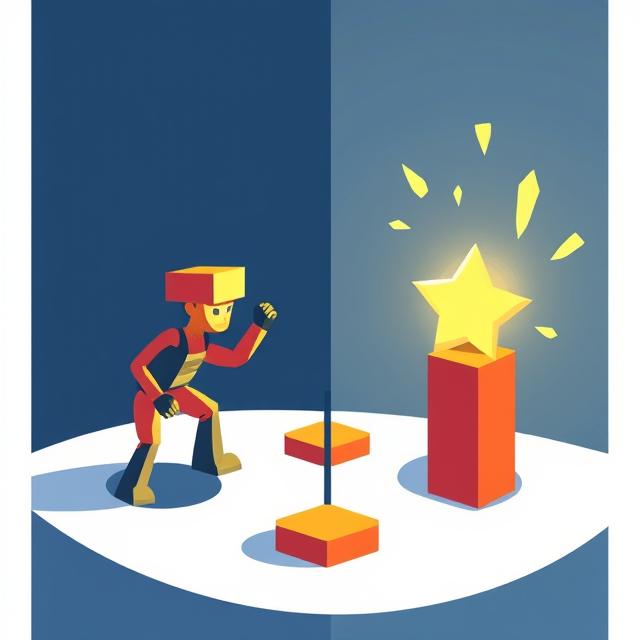Risk vs reward is one of the most fundamental concepts in game design. Whether it’s choosing a difficult path for better loot, saving resources for a boss, or gambling on a dialogue choice, players constantly evaluate potential gain against potential loss.
Well-designed games create tension through uncertainty. Take Dark Souls: every corner might hold treasure—or death. The player weighs healing now versus pressing forward. That moment of hesitation is pure engagement.
In roguelikes like Hades or Dead Cells, you can push for one more room for rare upgrades—but death means starting over. The psychological pull of “just one more” is enhanced by clear but risky incentives.
Even multiplayer games leverage this. In Apex Legends, reviving a teammate under fire is dangerous—but the payoff can flip a match. In Dota 2, a high-risk Roshan fight can secure the win or backfire catastrophically.
Smart design ensures risk is transparent. Players don’t mind failing if they understood the danger. Unfair risk, like unclear mechanics or random punishment, breaks trust. But well-telegraphed challenges feel fair—even when they hurt.
Risk vs reward taps into our natural decision-making instincts. The trick is making those choices meaningful, not random. When players feel in control of their gamble—even if they lose—they’ll come back for more.

Leave a Reply